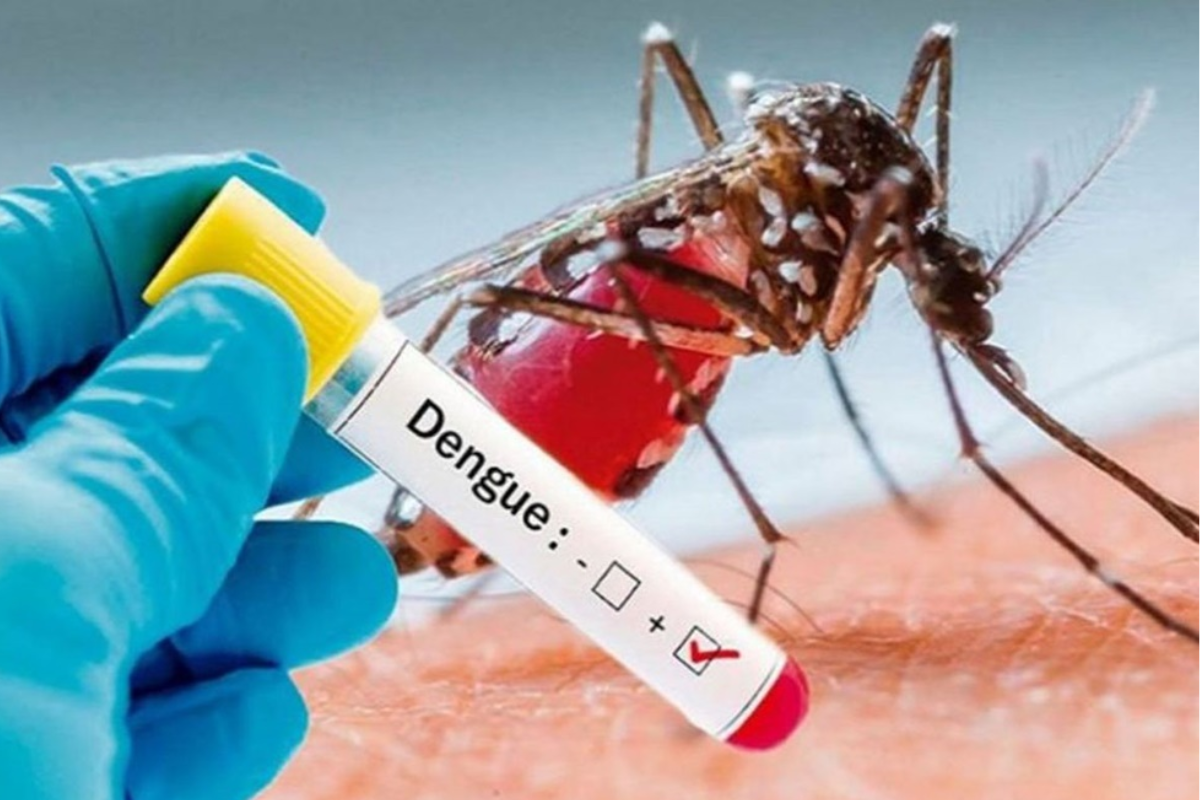The Ministry of Health and Public Hygiene of Togo announced on Thursday, June 27th, that cases of dengue fever have been detected in the country during the second quarter of the year through their epidemiological surveillance system.
Togolese authorities have swiftly implemented measures to address the situation, including early detection, reporting, patient care, and public awareness campaigns. However, they have not disclosed the exact number of cases detected. Investigations are ongoing to understand the extent of the outbreak.
In the meantime, the public is urged to adopt anti-vectorial measures to reduce the risk of contracting the disease. These measures include:
– Avoiding mosquito bites by sleeping under mosquito nets and wearing appropriate clothing.
– Destroying mosquito breeding sites by eliminating standing water where mosquitoes can lay eggs.
– Proper waste management around homes to reduce potential breeding grounds.
– Regular sanitation of the immediate environment.
Minister Moustafa Mijiyawa emphasized the importance of community involvement in controlling the spread of the disease, stating, “If you suspect you have dengue, report to the nearest health facility for prompt and proper care.”
To provide context, dengue is an infectious disease categorized under viral hemorrhagic fevers, which has become increasingly common in the West African region. It is transmitted through mosquito bites and presents symptoms such as high fever, severe fatigue, headaches, joint or muscle pain, nausea, vomiting, and skin rashes. In some cases, these symptoms can be accompanied by bleeding.
Togo reports dengue fever cases: new threat in West Africa



